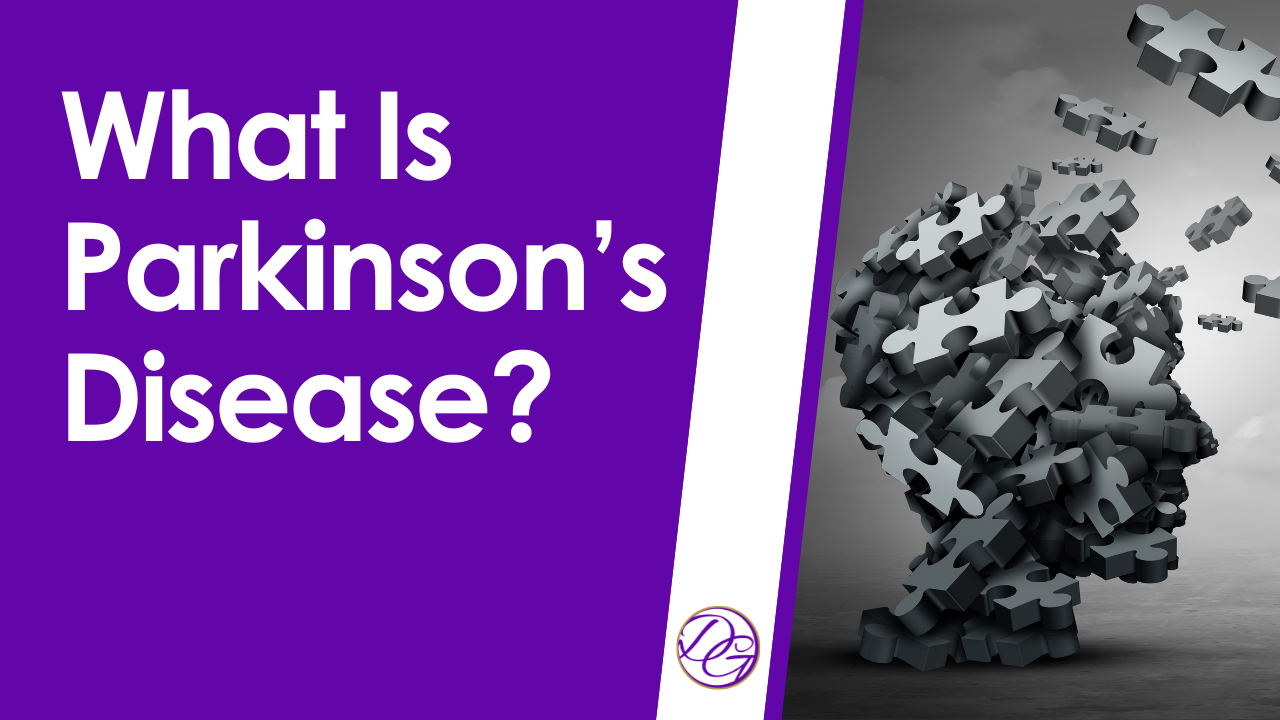What Is Parkinson’s Disease?

Parkinson's Disease is a neurodegenerative disorder that affects dopamine-producing neurons in the brain. Since this disease is progressive, symptoms are different for all patients. Some of the early signs may include: tremors in hands or other parts of the body when at rest, a slowness of movement, rigid limbs, and gait or balance problems. The cause of this disease remains unknown and there is no cure, only different treatment options.
Sometimes dopamine replacing medications are used to supplement the low levels in your brain. Non-motor symptoms can impact the PD patient more than the motor symptoms. Some non-motor symptoms include: loss of smell, lack of interest, depression, sleep disorders, constipation, and cognitive impairment.
Diagnosing this disease and getting treatment as early as possible will help with the progression. Treatments for PD are very individualized based on symptoms. As the disease progresses, your involvement with care may change. Responsibilities for you as the caregiver could include helping with the activities of daily living, assisting with or managing medications, or assistance with financial support.
It is always important and a good idea to plan for the future with your loved one. Discussions should occur right after a diagnosis is made with personal wishes for future care and treatment. Investigate home care options as well as facility placement choice if it becomes necessary in the future.


